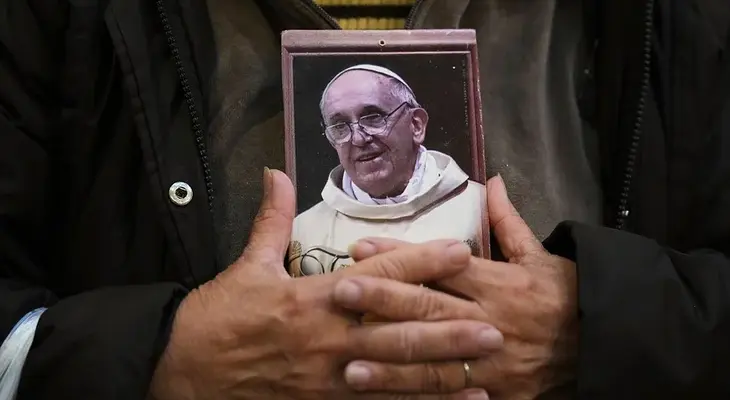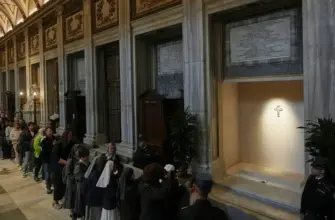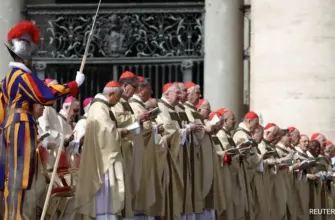The passing of Pope Francis has prompted reflection and mourning among American progressive Christians, many of whom viewed him as a kindred spirit and an influential figure.
A recent article in The New York Times explored the sentiments of various left-leaning Christian leaders – both Catholic and from other denominations – who perceived Pope Francis as a significant force resisting what they saw as a growing wave of conservative Christianity. Bishop Sean W. Rowe, presiding bishop of the Episcopal Church, specifically described him as an opponent to forces emanating from the American right.
“Pope Francis consistently stood apart from a strain of Christianity gaining prominence in the United States,” Bishop Rowe stated, as reported by The New York Times. He further asserted that this brand of faith is “fundamentally not Christian” and poses a “danger” due to its alignment with nationalism.
With Pope Francis’s departure, a renewed emphasis has emerged on the need for new leadership to champion progressive values and effectively communicate their message.
“We must proactively share these principles in ways that are both approachable and persuasive,” Bishop Rowe emphasized. “Political entities are increasingly appropriating Christian language and narratives; it is now our responsibility to reclaim them.”
The New York Times piece drew a stark contrast between Pope Francis’s actions and those of certain political figures, highlighting the divergence in approaches within Christianity. Specifically, Fr. James Martin, a liberal Jesuit priest, juxtaposed images: Pope Francis’s visit to Regina Coeli prison in Rome on Holy Thursday, where he engaged with inmates, and a photograph of Rep. Riley Moore, R-W. Va., posing at the Terrorist Confinement Center in El Salvador.
The individual being held at the center is Kilmar Abrego Garcia, an undocumented immigrant and suspected MS-13 gang member previously residing in Maryland before his deportation during the Trump administration.
“Mr. Moore, who identifies as Catholic, was pictured smiling and giving a thumbs up in front of a cell containing several prisoners,” the New York Times reported.
Fr. Martin commented, “The two images represent vastly different paths within Christianity—one emphasizing accompaniment and compassion for all people, while the other suggests rejection and mockery.”
Progressive Christian leaders are now expressing concern about the future of their values in a shifting political landscape.
Bishop Mariann Edgar Budde of the Episcopal Diocese of Washington shared with The New York Times: “Whatever unfolds during our lifetimes, some of us must ensure that a light remains lit.”
Bishop Budde notably challenged then-President Trump following his inauguration at the Washington National Cathedral, publicly calling on him to demonstrate compassion for those feeling vulnerable.
“We cannot abandon this cause,” Bishop Budde affirmed. “Eventually, the tide will turn.”




